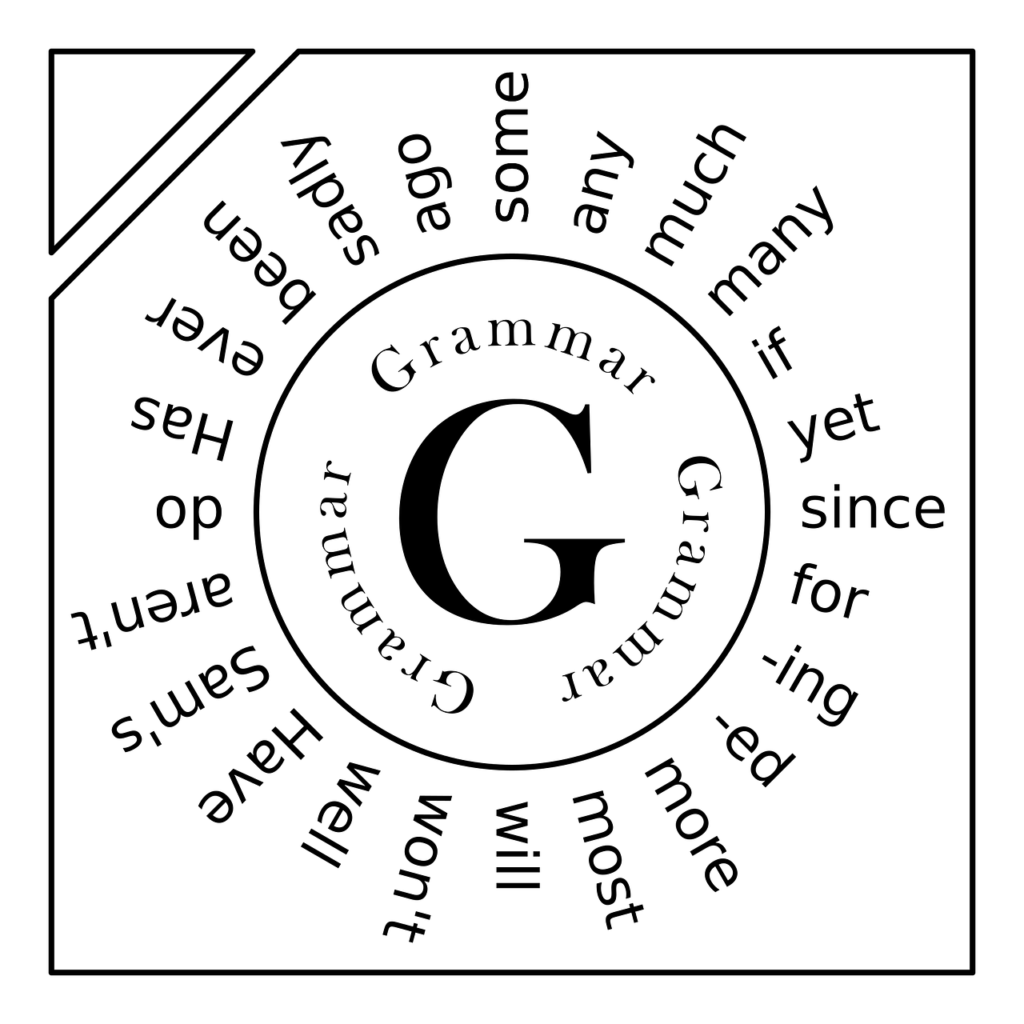A colloquialism is a word or expression that is informal and conversational. It is often used in everyday communication, especially in speech, but it may not be appropriate for formal or academic contexts. Colloquialisms can vary depending on the region, culture, or generation of the speakers. They can also change over time as language evolves.
Some examples of colloquialisms are:
- I’m fixin’ to go to the park. (I’m getting ready to go to the park.)
- Ope, I didn’t mean to bump into you. (Oops, I didn’t mean to bump into you.)
- Do you see that owl over yonder? (Do you see that owl over there?)
- My friend is wicked smart. (My friend is very smart.)
- Am I excited for the party? You betcha! (Am I excited for the party? You bet I am!)
Colloquialisms can have different functions in language. They can:
- Provide personality and authenticity to characters and dialogue in a literary work.
- Establish a historical era or geographic area by using specific words or phrases.
- Convey a familiar and friendly tone between the speaker and the listener.
- Express emotions, attitudes, or opinions in a vivid or humorous way.
- Simplify or shorten complex or technical terms or concepts.
However, colloquialisms can also have some drawbacks. They can:
- Cause confusion or misunderstanding if the listener is not familiar with the meaning or context of the word or expression.
- Offend or insult someone if the word or expression is considered rude, vulgar, or inappropriate.
- Lower the credibility or professionalism of the speaker or writer if the word or expression is used in a formal or academic setting.
Therefore, it is important to be aware of the colloquialisms that one uses and to choose them carefully according to the situation and the audience. Colloquialisms are a rich and colorful part of language, but they should be used with caution and respect.

